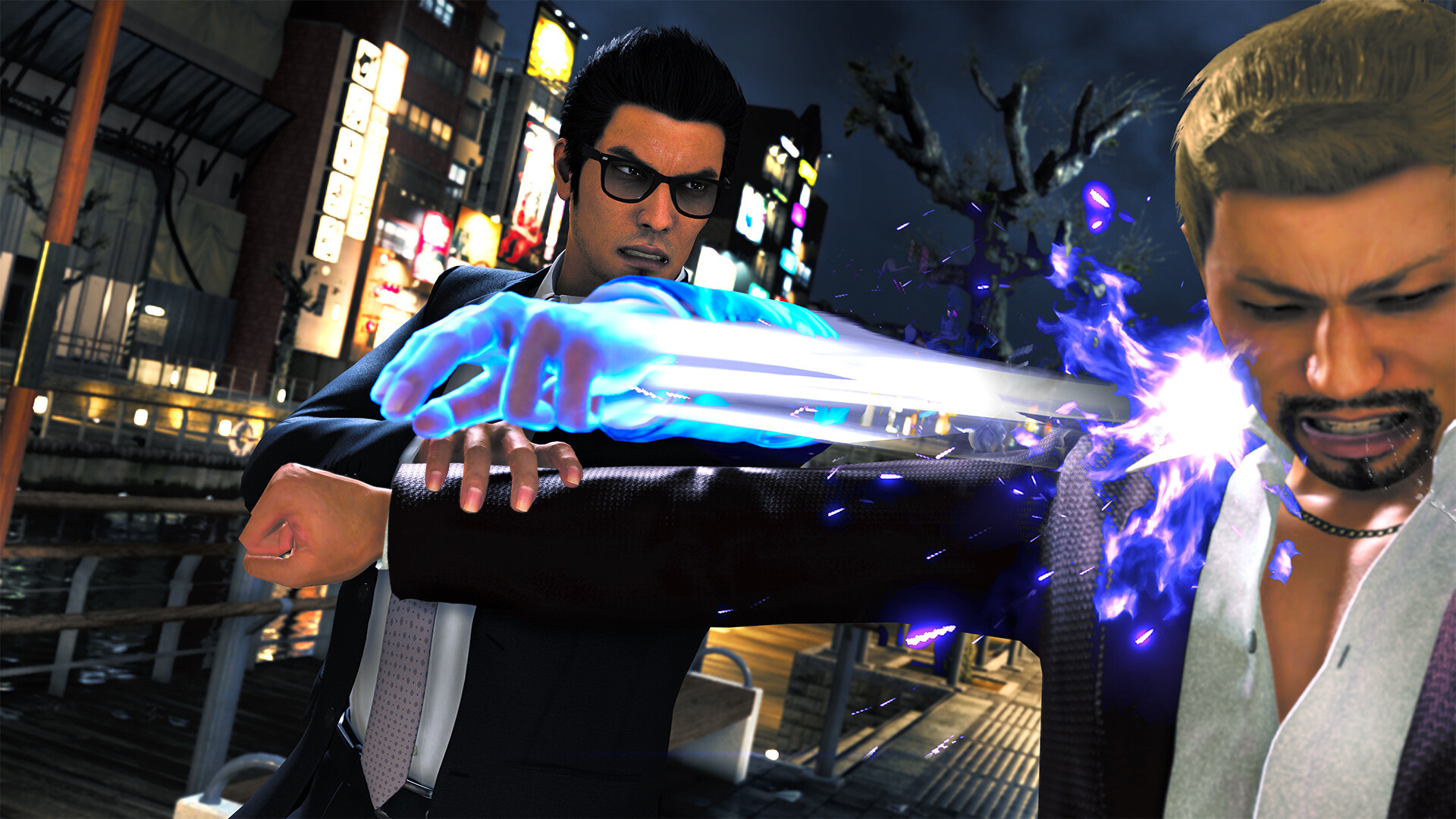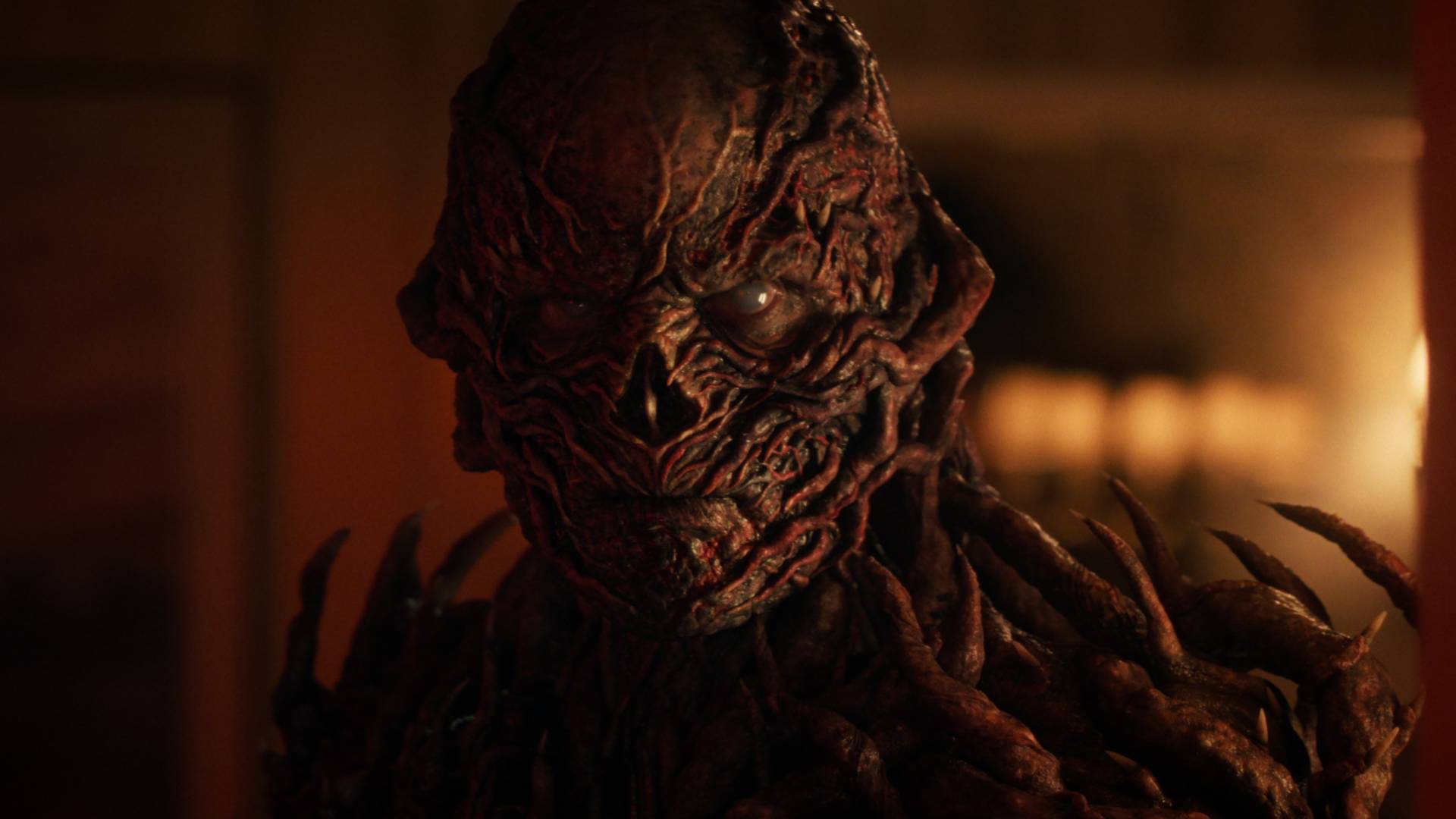GamesRadar+ Verdict
Like a Dragon Gaiden: The Man Who Erased His Name is a return to form for series protagonist Kazuma Kiryu with it’s beat’em up gameplay, but cheapens previous send offs by merit of existing.
Pros
- +
Ticks all the traditional Like a Dragon boxes
- +
Return to form for Kiryu
- +
Good variety to the combat
Cons
- -
Meandering story
- -
Forces you to engage with mediocre optional content
Why you can trust GamesRadar+
It feels like Ryu ga Gotoku Studio just can't seem to let Kiryu go. 2016's Yakuza 6: The Song of Life was meant to be the end of his story, removing him as the face of the franchise after nearly two decades. Yet, then we had Yakuza: Like a Dragon, and now here we are again with the legendary yakuza in Like a Dragon Gaiden: The Man Who Erased His Name - a spin-off for the series that's a return to form for those who have missed those bare-knuckle brawls in the streets of Japan. And while some may find it refreshing to jump back into the shoes of the legendary yakuza, Gaiden cheapens previous send-offs by yanking Kiryu back into the spotlight.
Release date: November 8
Platform(s): PS5, Xbox Series X, PC, Xbox One, PS4
Developer: Ryu Ga Gotoku Studio
Publisher: Sega
Here Kiryu has two different fighting styles in Like a Dragon Gaiden - Agent and Yakuza. Agent allows you to perform more agile attacks, mostly focused on kicks and accompanied by the use of four different kinds of gadgets. This includes drones, a spider-man-like whip that you can toss enemies about with, rocket shoes, and mines. It’s over the top and fun, but often disorienting to see Kiryu toss around street punks with a vibrant teal whip like he’s a secret agent from a campy spy film. It feels like something that belongs in Yakuza: Dead Souls, but does break up combat and allow for players to experiment between this and Yakuza - Kiryu’s bread and butter fighting style.
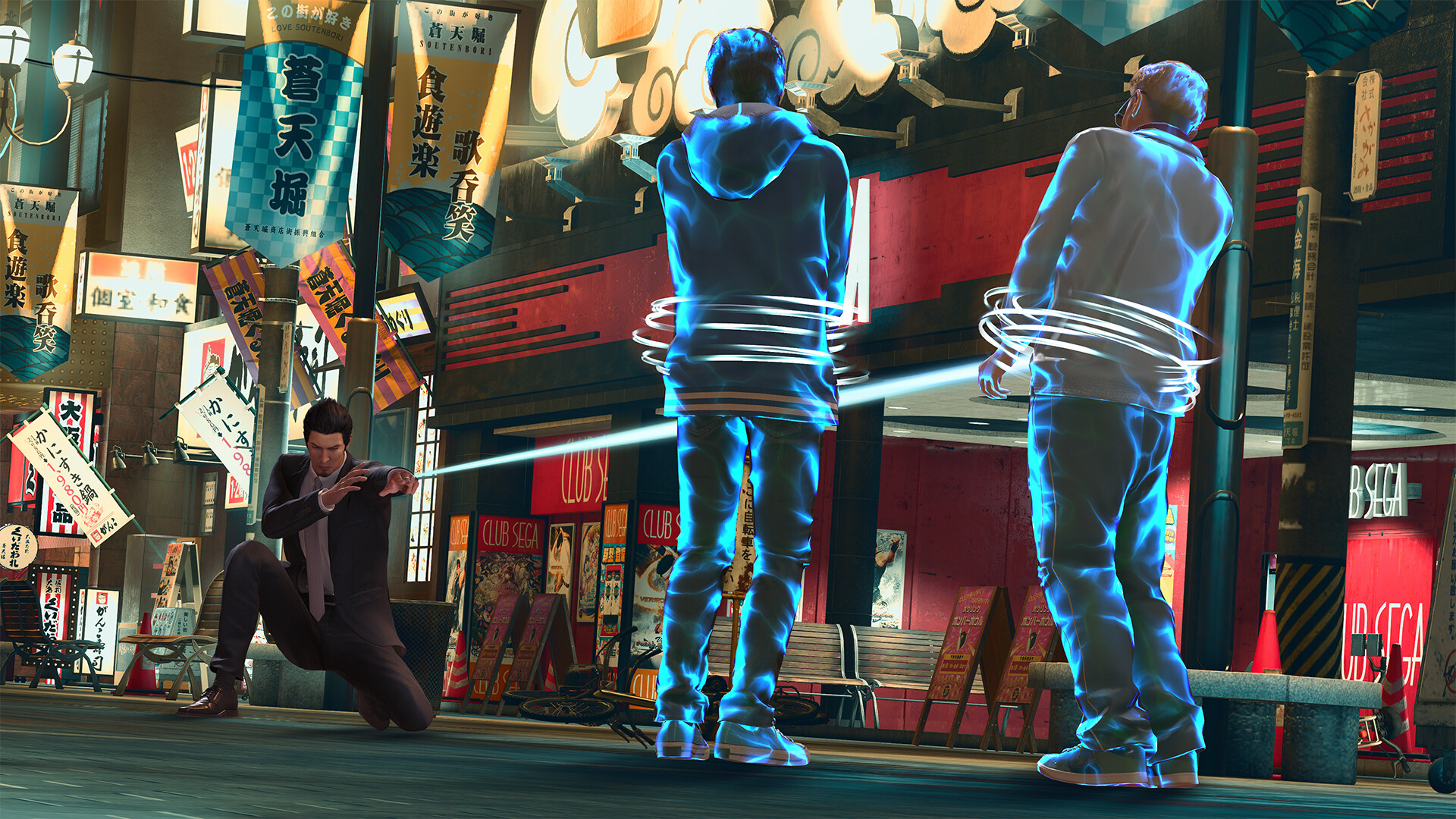
I’ll be entirely honest here when I say that when I unlocked that fighting style I almost exclusively used it the entire game, since it felt far more effective and straightforward even when tackling large groups of enemies meant for tackling with the Agent style. In fact, I was so excited when I unlocked this fighting style that I was hollering when I was finally allowed to just punch miscreants roaming around Yokohama and Sotenbori just like I had in Yakuza Kiwami 2 and Yakuza 6. The music for this combat style is particularly top-notch as well. It reminded me of my favorite moments from those games, and retained the core of what made playing Kiryu so fun.
A kick of nostalgia
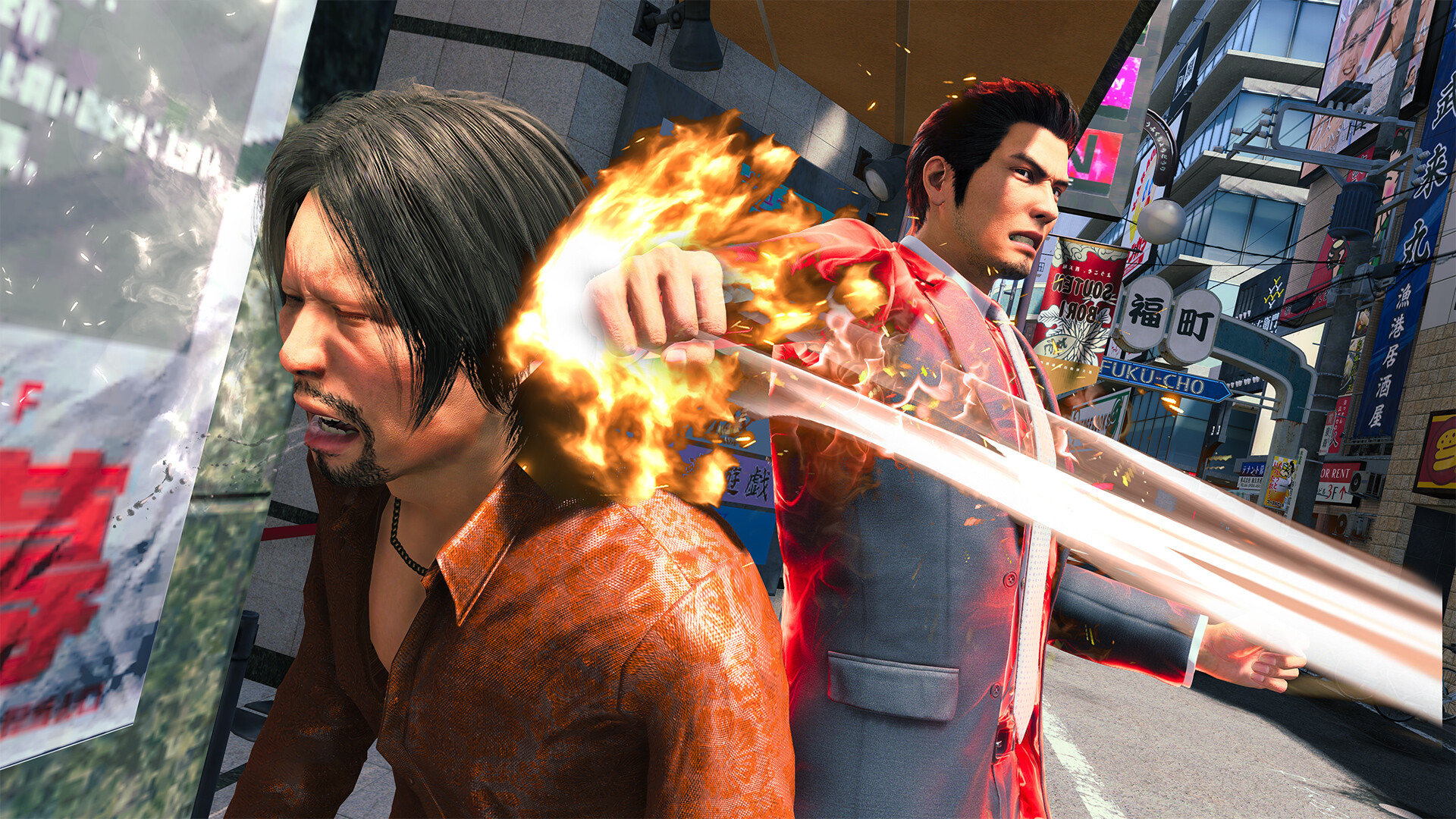
But Like a Dragon Gaiden takes that feeling of nostalgia a step further, and remains deeply entrenched in the past, for better or for worse in some cases. There are call-backs to several important moments throughout the Like a Dragon series, ranging from Yakuza Kiwami and Kiwami 2 as Kiryu is forced to relive some of his most grueling fights in the Colosseum - a fighting pit nestled in the center of a tanker that now serves as the playground for the most nefarious members of the underground. The fights here eventually become mini-games where you can fight swaths of enemies by yourself or with a crew, but it’s all very straightforward and not all that engaging.
I found myself fighting Ryuji Goda and Akira Nishikiyama impersonators as sepia-toned flashbacks flickered over the screen, really hammering home just how much time has passed since these pivotal moments in Kiryu’s life. They also serve as vague refreshers for anyone who has taken an extended break from the series. New players may not find much meaning in them though, outside of enticing them to play older entries in the franchise. And while Kiryu confronts these bite-sized versions of major events in the Like a Dragon series for a second time, it’s another reminder that Kiryu can’t seem to escape his past, or that developer Ryu ga Gotoku Studio just can’t seem to let him go quietly into the night.
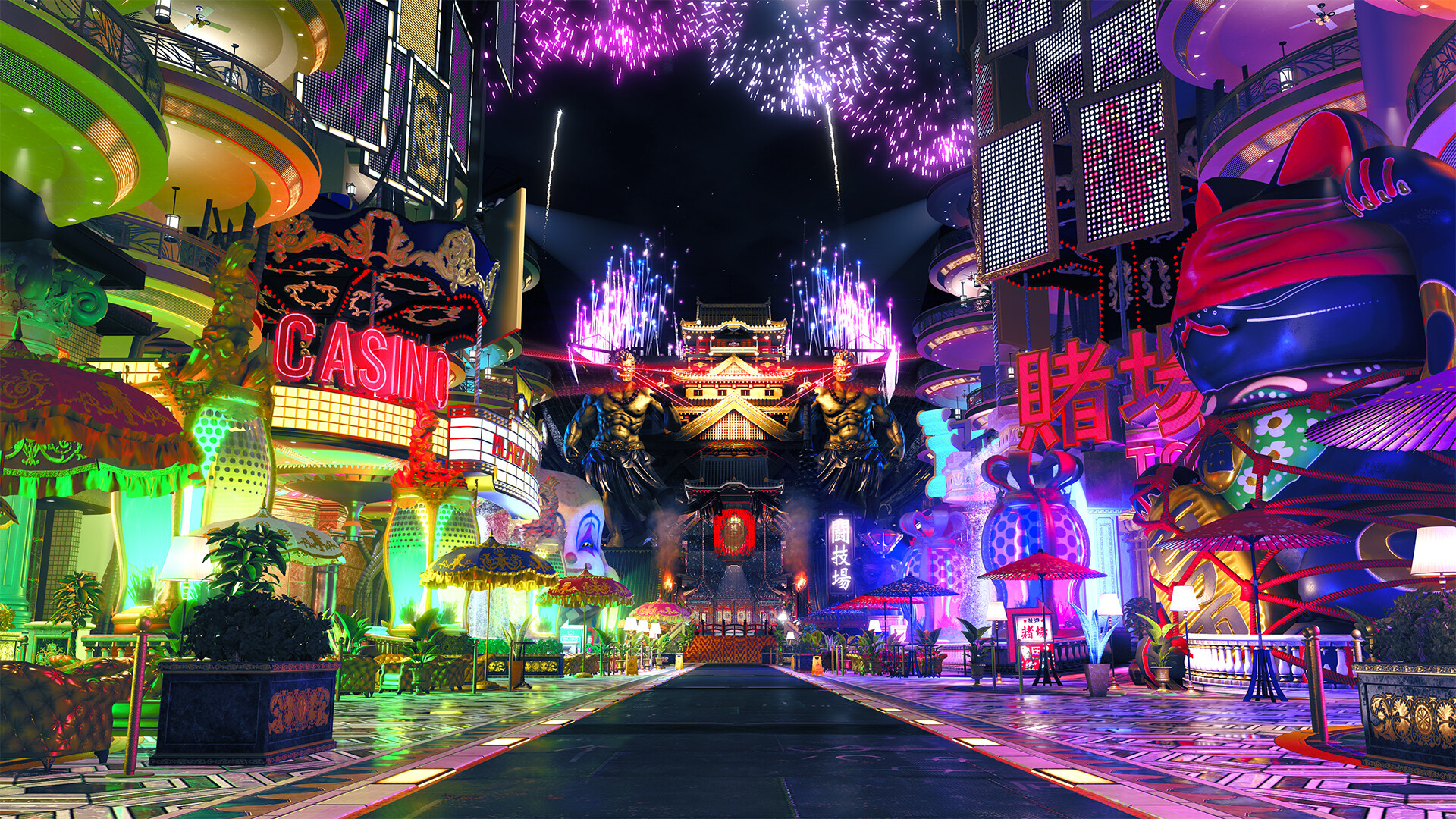
Like a Dragon Gaiden: The Man Who Erased His Name also harkens back to the trials, tribulations, and people that left a significant mark in Kiryu’s life through various substories you can pick up in Sotenbori. They’re distributed a little bit differently now, as you pick them up from Akame, an information broker situated in Osaka that will provide you with better equipment so long as you scratch her back and help the citizens of Sotenbori - more specifically the homeless. There's one substory that deals with Ryuji Goda, one of the primary antagonists of Yakuza 2, that had me running around the city like a madman. The substory also had a neat little nod to an additional storyline for Ryuji that appeared in Yakuza Online Reborn, the Japanese-exclusive mobile game. A couple of these moments really go to me as a long-time player, but I spent a lot of my time engaging with these facets of the game wondering why they existed at all outside of pulling on threads of nostalgia to keep players invested in the story of a man that should have ended two games ago.
Farewell Kiryu
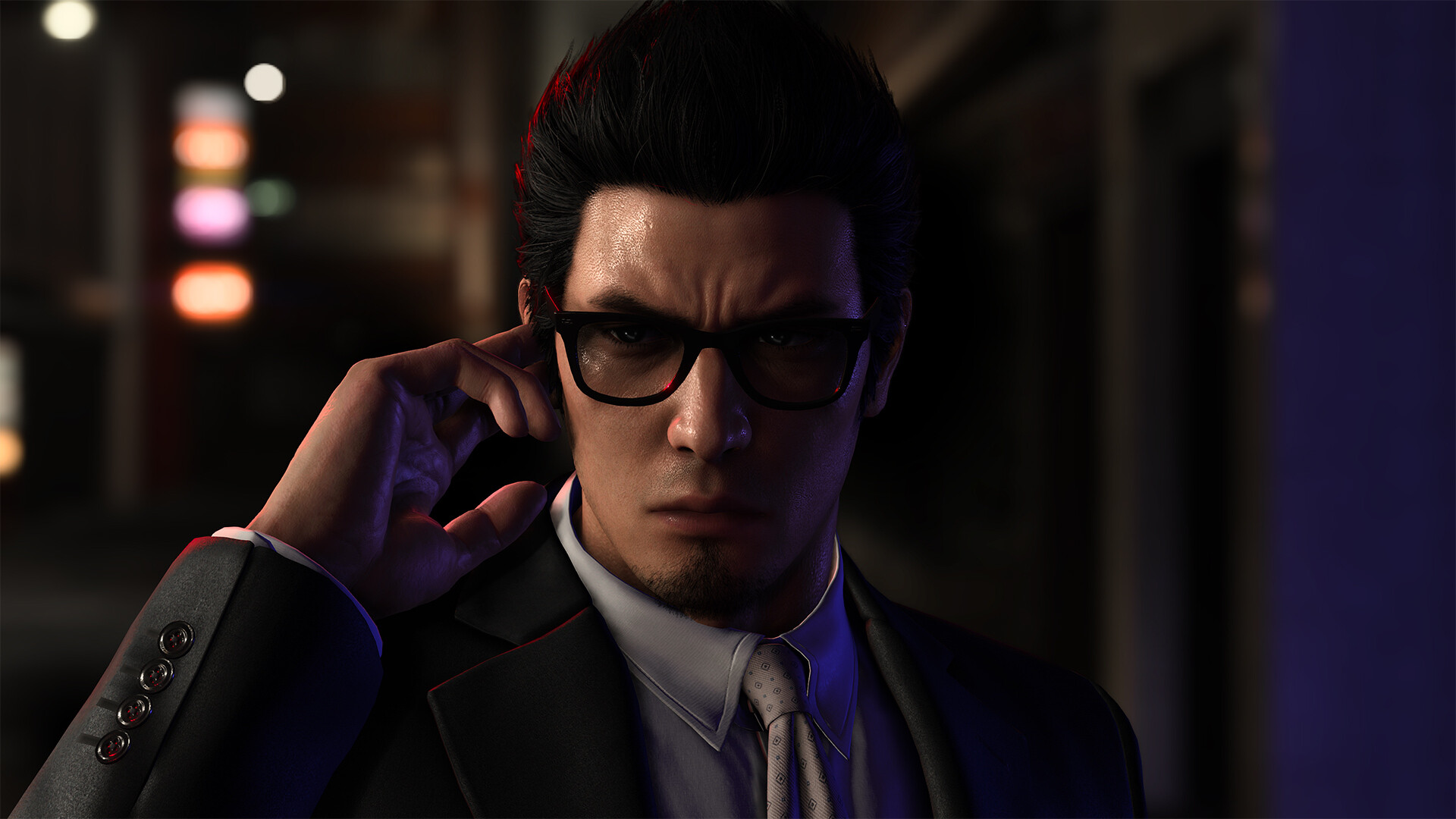
It's not all about exploring Kiyru's backstory though as there are many different ways to busy yourself in Like a Dragon Gaiden. You can play darts, golf, hit up the arcade, and even build your custom pocket racing car and hit the track like you could in Yakuza 0. You can also check out the hostess club, which has been a staple in the series since its first installment on the PS2. However, these segments no longer feature 3D models of the hostesses, but instead, FMVs where you respond in a handful of words that makes these interactions feel less significant and more voyeuristic, as these girls are no longer characters that Kiryu interacts with, but just a pure source of entertainment. It’s a weird switch, but it is just another way you can waste your time in Like a Dragon Gaiden, fulfilling the same virtual tourism element found in previous games.
Weekly digests, tales from the communities you love, and more
However, this can sometimes be to a detriment as Like a Dragon Gaiden: The Man Who Erased His Name forces you to engage with its side content. This breaks up the pace of the game significantly, and not for the better. You can spend upwards of an hour or more as you're forced to raise your affinity with Akame and participate in Colosseum fights while the meat of the story sits on the back burner. It feels like unnecessary filler that lengthens what is otherwise a fairly short, concise experience focused on explaining why Kiryu just can’t seem to get away from the troubled life of crime he’s been evading for decades now. By comparison to previous entries in the series, the narrative of Like a Dragon Gaiden: The Man Who Erased His Name isn’t as compelling outside of a few emotional moments where Kiryu has to reconcile with his involvement in the Daidoji and the Omi Alliance, serving as their attack dog of sorts.
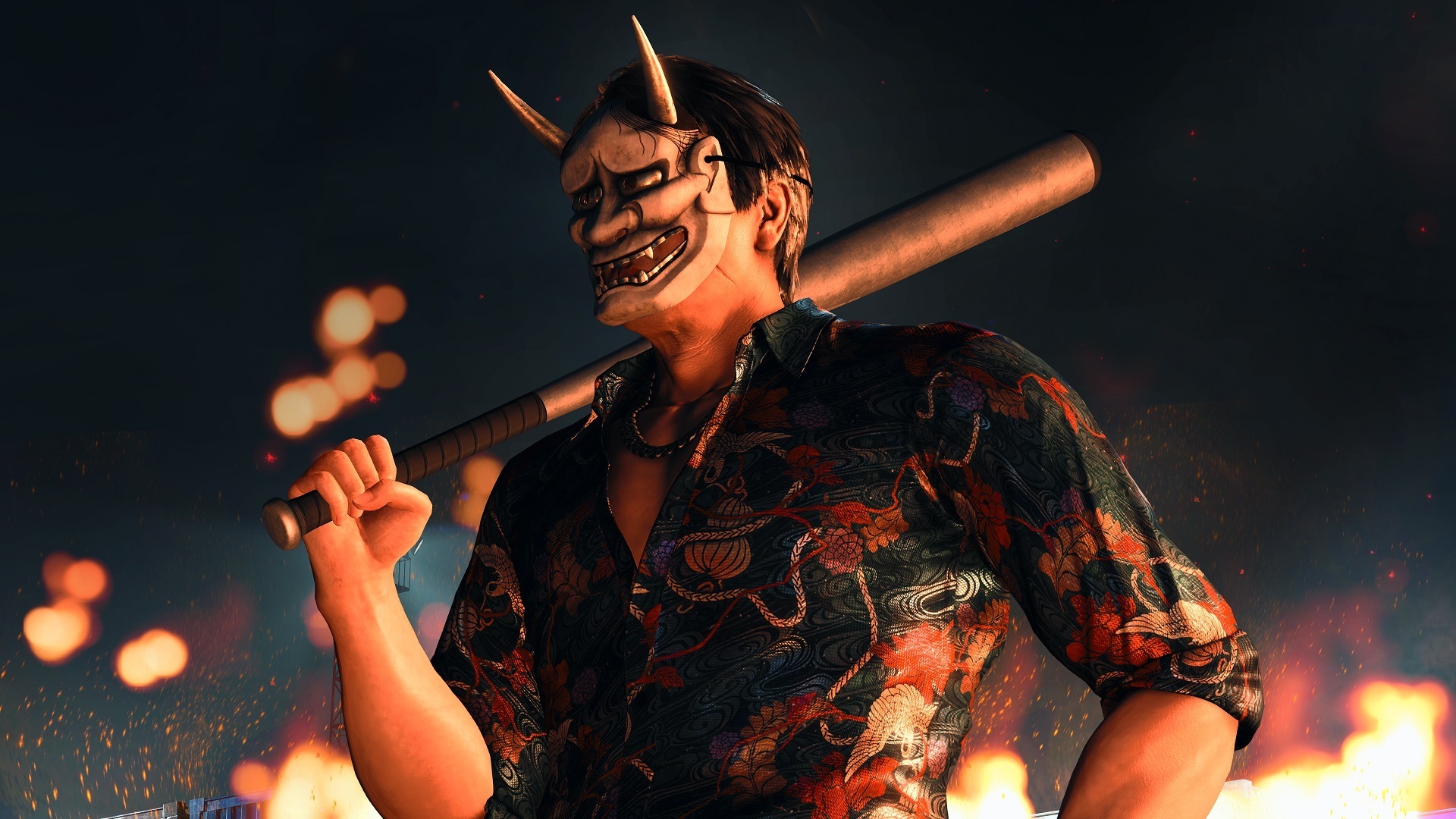
The story shines when it focuses on Kiryu’s relationship with Haruka and his inability to let her and the children he raised at the Morning Glory orphanage go. It highlights the emotionality of the narrative and its characters, specifically Kiryu, who just can’t seem to let go. Everything else serves as background noise as Kiryu is put through the wringer time after time for the people he loves. Ultimately, it does a lot of explaining on things that don’t quite need to be elaborated on, but gives Like a Dragon fans more to chew on and more time with Kiryu before he (maybe) leaves the series forever in Like a Dragon: Infinite Wealth. And at times it feels unnecessary, as his appearance in Yakuza: Like a Dragon didn’t really need to be explained since his departure in that game felt like a genuine passing of the torch to Ichiban. And again, gave players the impression for the second time that he’d be departing the franchise for good.
Like a Dragon Gaiden: The Man Who Erased His Name feels like another swan song for Kiryu, and it’s one I’m tired of hearing. While he’s without a doubt one of the best characters in the franchise - which makes sense given he was the leading man for seven mainline games and two spin-offs - Gaiden is a reminder that Kiryu has had his time and that the series needs to move on. If Ryu ga Gotoku Studio isn’t confident enough to let the new series' protagonist Kasuga Ichiban stand on his own, I fear that we’re going to continue this same song and dance until the end of the Like a Dragon series itself.
Like a Dragon Gaiden: The Man Who Erased His Name was reviewed on PC with a code provided by the publisher.
More info
| Genre | JRPG |

Kazuma Hashimoto is a freelance writer at GamesRadar+ that has worked within various pockets of the industry for upwards of six years. Nominated for New York Videogame Critics Circle’s Games Journalism Award in 2019, he strives to provide both thoughtful and critical pieces that take a deeper look into how games are made and the culture surrounding them. When he isn't writing, reviewing, or hosting interviews, he can be found on his Twitch channel (as a VTuber!) streaming a variety of games ranging from MMORPGs to Farming Sims. His other work can be found on websites like Polygon, IGN, and MMORPG.com.
